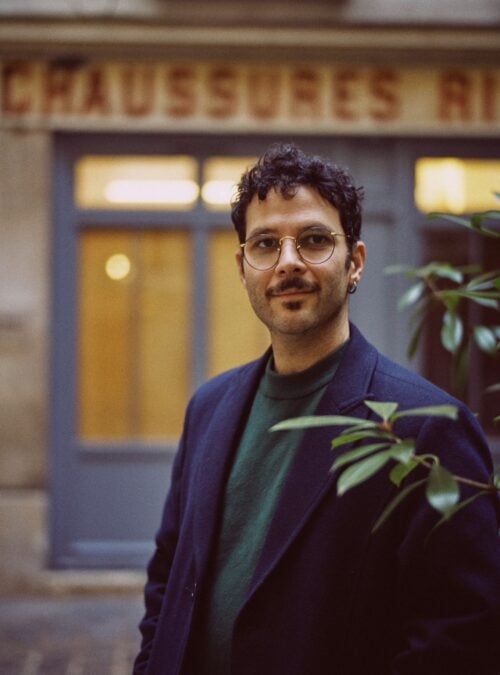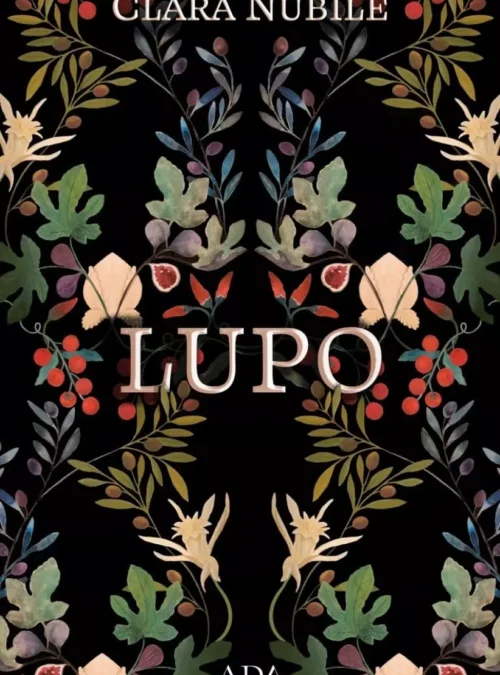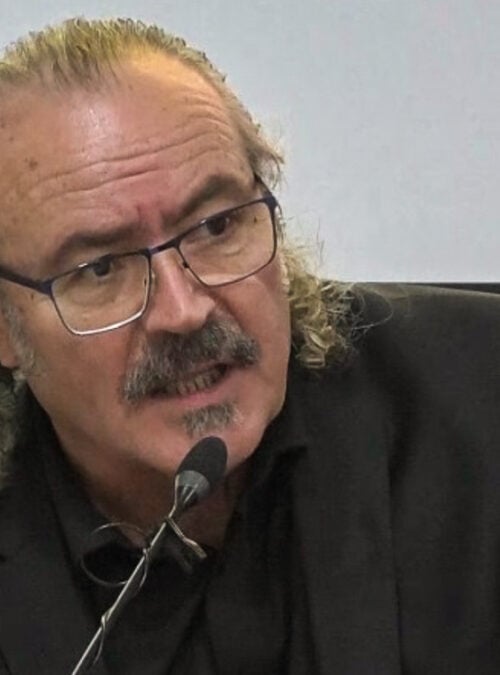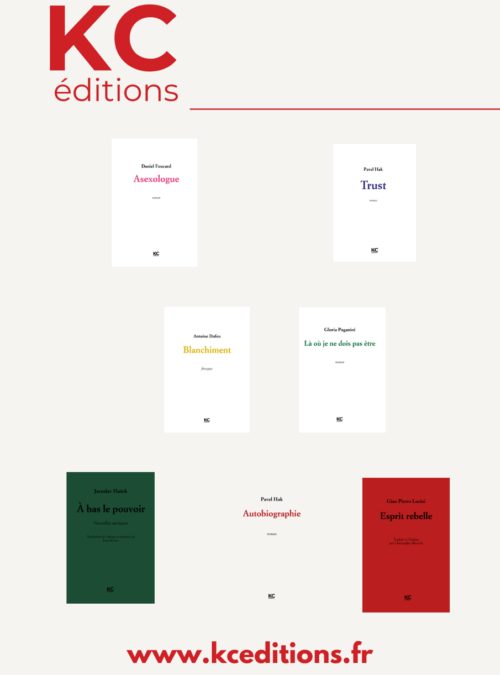Interview with Luca Cosentino, editorial director of wetlands
Author: Laura Pugno

Interview with Luca Cosentino, editorial director of wetlands
How would you describe the identity of the wetlands publishing house to the readers of New Italian Books abroad? What are its characteristics and strengths? What bets, literary and otherwise, have worked best in Italy and possibly in other countries and in your opinion, why?
wetlands was founded in Venice in 2022 within the broader civic project ReActiVe, started by a group of citizens driven by the desire to address today’s major issues from the privileged perspective of this city.
wetlands is a non-profit publishing project dedicated to the themes of social and environmental sustainability and the challenges of the Anthropocene. Moving fluidly in the space between fiction and non-fiction, wetlands explores environmental, urban, social, anthropological and cultural issues, crossing international perspectives with views on the life and future of Venice. Indeed, one of the aims of the project is to free Venice from the role of victim of the tourist monoculture, revealing the vitality of a city that is still creative, inhabited by people who love and defend it.
From the beginning, the challenge for us was clear: although we are not trained publishers, we were aware that in order to survive and thrive, a young independent publishing house must find its own immediately recognizable identity and a market niche that is not yet occupied, or even non-existent.
We therefore worked on several fundamental aspects, drawing non-negotiable internal guidelines: absolute independence of thought, quality of contributions, internationality, quality of the book as an object, graphic impact of the covers. These principles are accompanied by others, which are equally strong, of an industrial nature, so to speak: all the books are conceived, produced and printed in Venice, on eco-sustainable paper and using local labour (printers, graphic designers, editors, communication). wetlands is a carbon neutral project with a strictly local supply chain.
All this is expressed in a project that is not limited to publishing titles, but creates them, through a continuous and fruitful contact with the authors. In practice, this happens through a program of artist residencies that we offer here in Venice, which allows us to come into contact with authors from all over the world who want to engage in a constant dialogue with the city, its lagoon and its human and non-human inhabitants. The books are therefore born from a close collaboration with the editorial team, which provides all the logistical and cultural tools to face these challenges.
Many authors, especially international ones, have joined this project, some of whom are award-winning: Maaza Mengiste, Frank Westerman, Ryoko Sekiguchi, Emanuele Coccia, Serenella Iovino, Shaul Bassi, Federico Luisetti, Nikolaj Schultz, Igiaba Scego, Tiziano Scarpa, Giovanni Montanaro, Maylis de Kerangal, Manuel Vilas, Marco Belpoliti, Claire Judde de Lariviére, Costanza Jesurum, Andrea Semplici, Steve Mentz and many others.
The basic idea of wetlands is that Venice represents a privileged place to observe and discuss today’s major issues, from climate change to biodiversity loss, from overtourism to urban gentrification. These are all issues that Venice has been facing for decades if not centuries, and for which technological and urban planning solutions have been developed, for better or for worse. Venice therefore offers unique tools to imagine the future and in this sense it is a lens, a key to read and interpret today’s reality, a powerful metaphor for the pathologies and distortions of the Western world, and beyond.
In recent years, we have created several series, which explore these themes from various points of view. The Barene series, curated by Serenella Iovino and Shaul Bassi, is dedicated to Environmental Humanities, and highlights the indissoluble link between ecosystems and their human and non-human inhabitants, in a perspective that embraces Venice but also many other places in the world. The Mude and Fondamenta series connect Venice with other places and with its own history, creating unexpected relationships and dismantling the prevailing narratives about the city piece by piece. Finally, the Afterwords series, curated by Maaza Mengiste, is dedicated to the most innovative voices of Africa and Afro-descendants, with the aim of bringing out non-Western perspectives on the most important social and environmental issues of today, starting with the themes of race, identity, belonging and migration.
There are also many projects for the near future: a series on radical thinking, which will intercept the most interesting ideas and trends in the international arena on the most recent and innovative political and cultural issues; a series of ecocritical guides to some of the most representative places of Italian art, allowing for a completely new and updated reading; and finally a series of artist books, in which social and environmental issues will be explored and commented on by visual artists.
During the past three years, the wetlands project has shown that it can intercept the needs of many people, mainly young people, from all over the world. Indeed, a community has been created around the publishing house that continues to grow and that recognizes itself in our publications and in the many events that are organized here in the city and elsewhere, from traditional presentations to those by boat in the canals of Venice, from debates to musical and gastronomic festivals organized in the most representative spaces of the city.
One of the most interesting elements of this project is undoubtedly its international character: we have established contacts with many publishing houses in Germany, France, the United States, and in some cases we have sold and/or exchanged the rights of our books in those markets. The Afterwords series, for example, will be translated into many languages and distributed in various European countries, but also in the USA and Africa. These exchanges, in addition to allowing a dissemination of our ideas and proposals, allows us to come into contact with other publishing realities and with other authors, and to feed what is certainly a virtuous circle of ideas, which has our city as its ideal and geographical centre.
wetlands is now a strong and recognized reality in our territory and elsewhere. The strength of our editorial staff, about ten people now, allows us to continue exploring new horizons and expanding our editorial proposal. We intend to support this growth, without ever compromising our founding principles and our political and cultural consistency.










